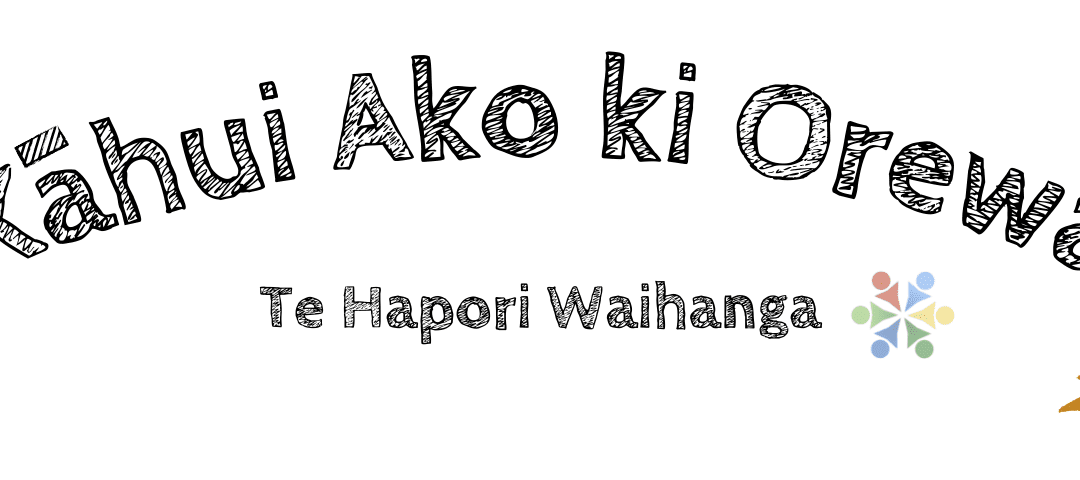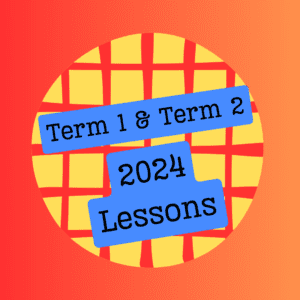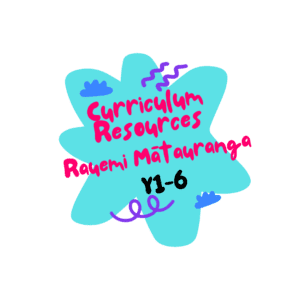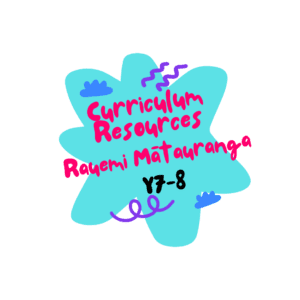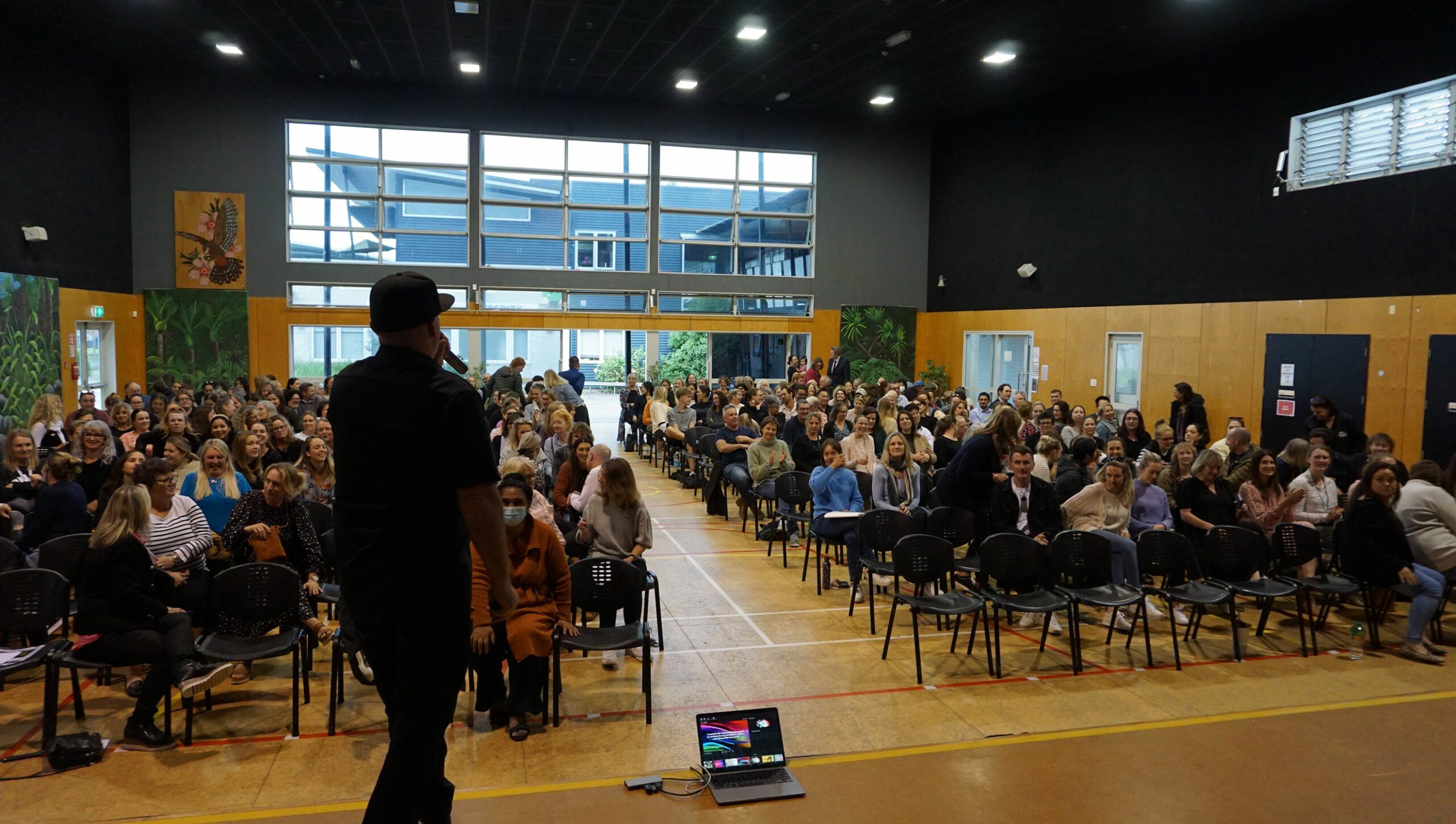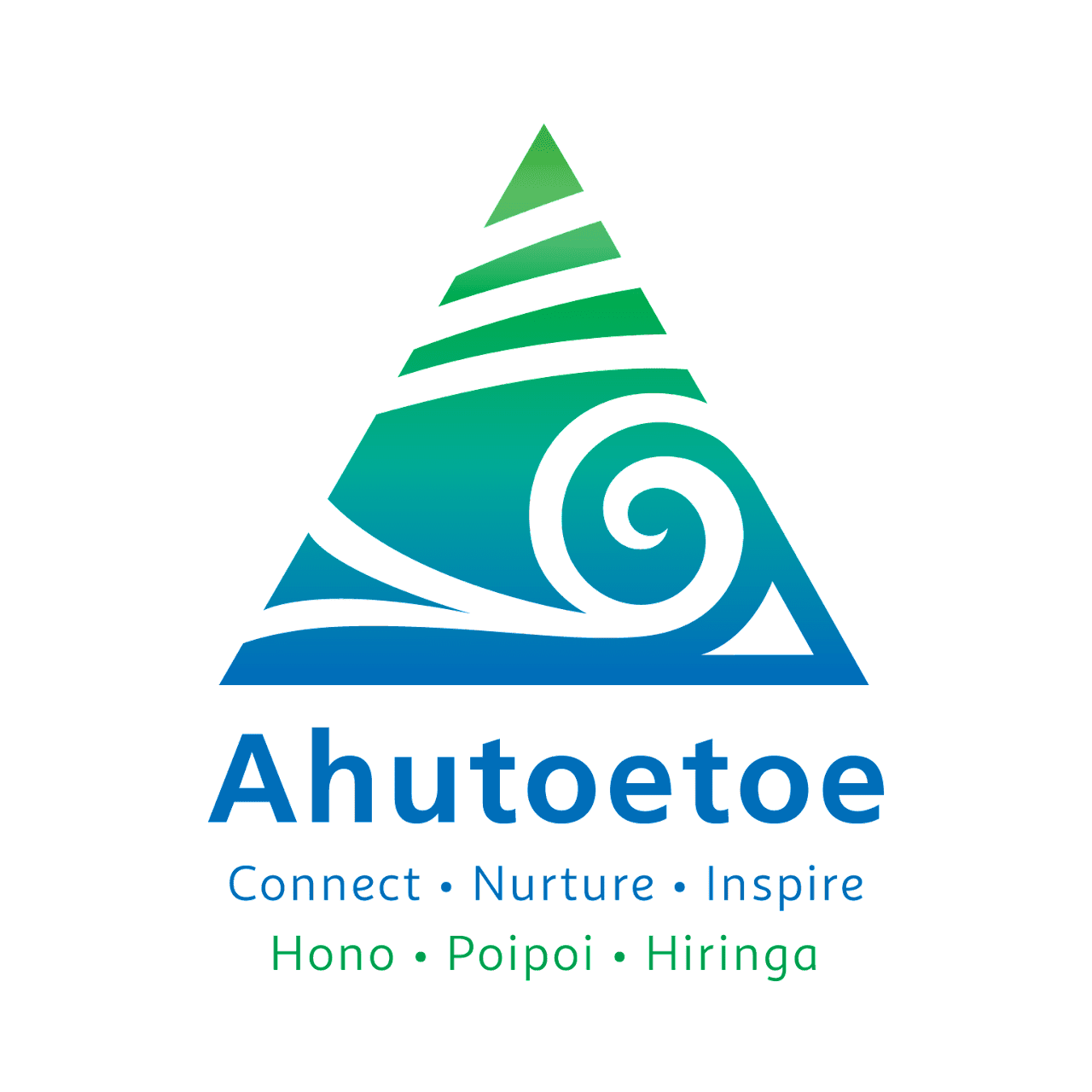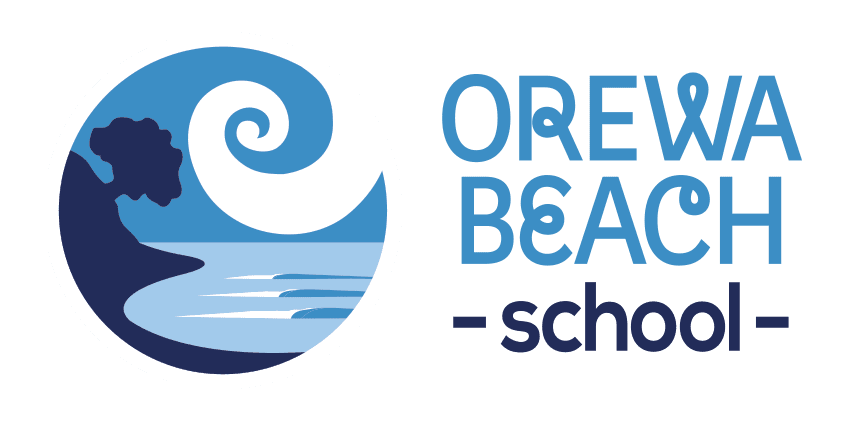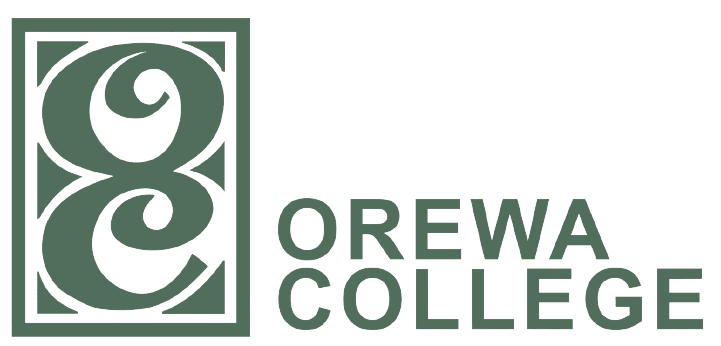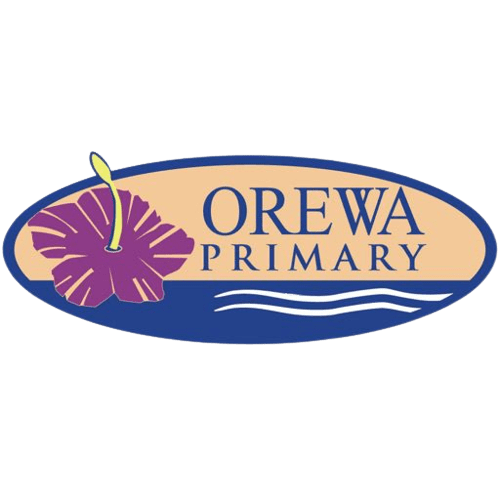Rāmere, te 19 o te Mei 2023
Orewarewa whenua, puāwai māhuri
On the fertile ground of Orewa, the sapling blooms
Competition – Each week we will have a competition. One lucky winner will receive a $20 Millie’s Coffee voucher! It’s simple, just email your answer to [email protected]
Congratulations to Marion Robinson this week’s winner!
This Week’s Question/Pātai o te Wiki: What does the whakataukī/proverb “Kōrero atu, kōrero mai” translate to in regards to Pink Shirt Day?
Have something to share? Get in contact with one of our Across School Leaders – we would love to hear from you!
[email protected] Te ao Māori
[email protected] Hauora
[email protected] Future Ready
[email protected] 21st Century Learning

It’s Pink Shirt Day!

Enjoy dressing up in Pink to promote
STOP BULLYING!
Remember:- Bullying is deliberate – harming another person intentionally
- Bullying involves a misuse of power in a relationships
- Bullying is usually not a one-off – it is repeated, or has the potential to be repeated over time.
- Bullying involves behaviour that can cause harm -it is not a normal part of growing up.


Matariki – It’s Time to Prepare
Matariki is fast approaching and kura are preparing all of the motu for the event. Matariki is celebrated from the 11th to the 22 of July/ te 11 ki te 22 o Hūrae. As most of Matariki runs over the holiday period separating term 2 and term 3, some Kura are holding their celebrations prior to and others after the holidays. Our team will be gathering and sharing resources among our kura to use in the classroom via Māori leaders and this update. In the meantime, here are some key websites for events, resources and activities: Matariki Festival Facebook Page Te Wananga o Aotearoa Matariki Page Auckland Council Matariki Festival Website Te Papa Matariki
Hemi Kelly – Te Reo Māori: A new era for the Language
Hemi Kelly is famous here in Aotearoa amongst those who are learners of te reo Māori. He is a lecturer at AUT and is well known for his book, ‘A Māori Word a Day’ and its follow up, ‘A Māori Phrase a Day’. Both sought to normalise the language by providing people with a resource with words or phrases that can be applied in their daily lives. Hemi spoke at a Tedtalk a few years back about the progress that has been made over time and it’s quite inspiring. Since his Tedtalk, we believe that we have made further progress as a nation and as a Kāhui towards a future where our tamariki will be to experience and participate in te reo Māori. It’s well worth a watch.

Phillipa Cowley, who teaches years 9 and 10 Social Studies and L1 and L2 History at Orewa College has shared these insights from the Social Studies Conference she attended. There are soem great insights for all teachers, regardles of the level or subject you teach. Thanks for sharing Pip!
During Week 2 I had the opportunity to attend an ASSEN (Aotearoa Social Studies Educators’ Network) conference down in Ōtautahi (Christchurch). This was held over 2 days and covered all things relating to the new curriculum. We went from looking at how we can incorporate Numeracy into Social Studies to how we can be more culturally sustaining within our teaching practice. My biggest takeaway from this conference was to take a step back, place our ākonga at the forefront of our teaching practice and reflect from there. The new curriculum that is slowly coming out gives us the opportunity to embrace change and allow our students to work at a pace that suits them and their needs. We should be moving away from a one size fits all model to much more student centered learning.



Canva with Year 4 Students
During Term 1 we looked at different cultures within our classroom and then in a wider perspective of different countries and their cultures. At the end of Term 1 we did an intro to Canva and used this to create posters about a country and its culture we had been learning about.


- Create a digital presentation that reflects my understanding of what I have learned.
- Create and share work digitally


Computational Thinking Digital Progressions
Designing and Developing Digital Outcomes Digital Progressions


Kōrero mai! Kōrero atu!
Core-rdeh-rdor ar-two Core-rdeh-rdor my
Speak up! Speak out!

